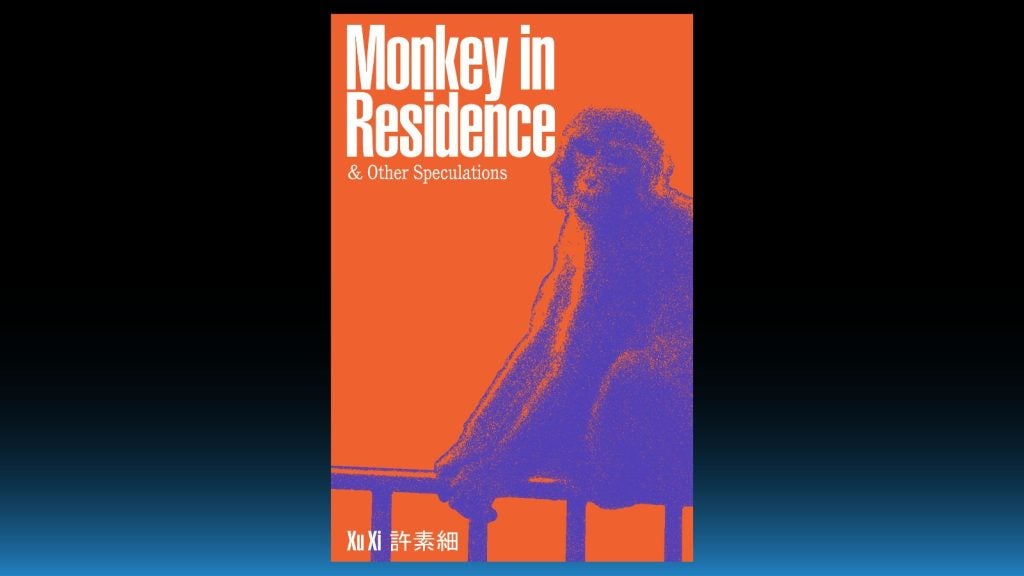Hong Kong and the Hope of Cosmopolitanism: Reading Xu Xi’s Monkey in Residence & Other Speculations
On or about the second year of the COVID-19 pandemic, writing Twitter began to buzz with jokes about “the long 2020”—a riff on the convention in literary studies to speak of historical epochs like “the long eighteenth century.” (I can’t recall where I first saw the term, though it may well have been in a […]
On or about the second year of the COVID-19 pandemic, writing Twitter began to buzz with jokes about “the long 2020”—a riff on the convention in literary studies to speak of historical epochs like “the long eighteenth century.” (I can’t recall where I first saw the term, though it may well have been in a





